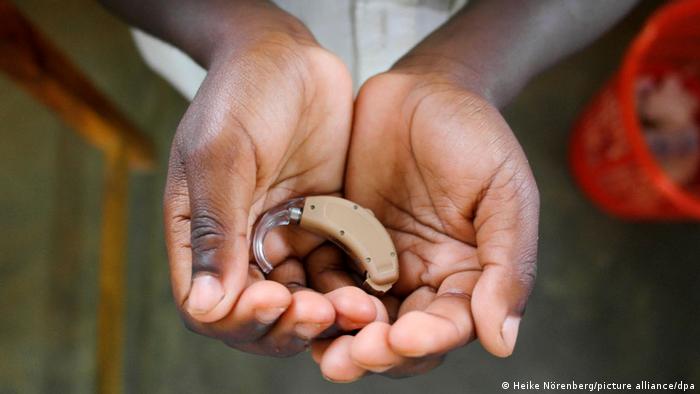GPS will get extra powers to book cancer scans directly under NHS plans to boost early diagnosis.
Tens of thousands of tumours should be caught earlier under the initiative.
It should slash delays for the 67,000 sufferers a year who have vague symptoms such as tiredness or tummy aches.
They account for one in five cancers detected but GPs will no longer need to send them to a hospital specialist before ordering tests.
NHS England CEO Amanda Pritchard will tell an NHS conference today: “By sending patients straight to testing, we can catch and treat more cancers at an earlier stage.”;
Health bosses say the programme will also free up hundreds of thousands of hospital appointments.
Many non-urgent cases will be false alarms — but the NHS finds 67,000 out of 289,000 cancers this way each year.
Fast-tracking MRI, CT and ultrasound scans will cut waits times down to four weeks.
By 2028 the NHS wants to diagnose three quarters of cancers at stages one and two, before they have spread — clinics currently manage just over half.
Prof Martin Marshall from the Royal College of GPs, said: “It can be helpful for patients who might not meet the criteria for rapid referral and have vague symptoms that could be cancer.”;
Kruti Shrotri from Cancer Research UK, added: “Cancer that is diagnosed and treated at an early stage is more likely to be treated successfully, so we welcome this announcement.”;




